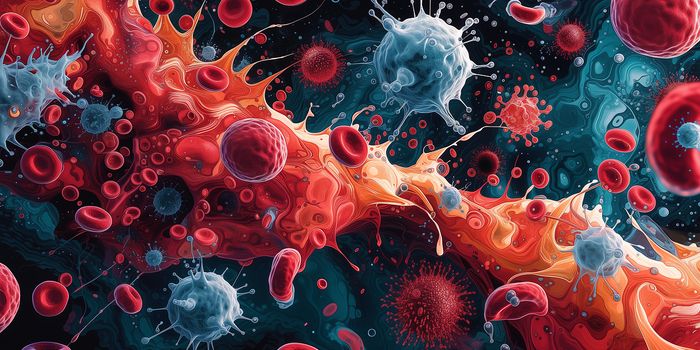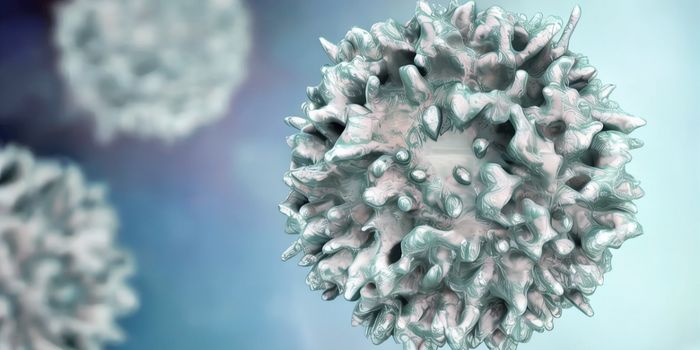Drinking Tea Alters Women's Epigenetics
A hot cup of tea can do wonders to soothe and calm. But this popular beverage could be altering the body’s epigenetic marks. In short, tea drinkers could unknowingly and unwittingly be changing the expression of their genes.
Since what we eat can directly influence changes at the DNA level, scientists at the Uppsala University in Sweden asked what would be the effects of drinking coffee and/or tea.
“Both coffee and tea have been suggested to play an important role in modulating disease-risk in humans by suppressing tumour progression, decreasing inflammation and influencing estrogen metabolism,” the authors wrote. “These mechanisms may be mediated by changes in DNA methylation."
DNA methylation is an epigenetic process by which chemical methyl groups are added on to DNA bases. Cells use this mechanism to efficiently lock genes in the “off” position and silence gene expression. High methylation (hypermethylation) is correlated with lower gene activity. Conversely, genes that have low methylation signatures (hypomethylated) are more highly expressed.
The team conducted a genome-wide DNA methylation study for coffee and tea on four European cohorts that totaled nearly 3,100 participants. They measured DNA methylation from whole blood at 421,695 regions in the genome that are most prone to methylation events.
Coffee, they found, had no effect on DNA methylation in either men or women.
By contrast, tea consumption was associated with DNA methylation at 28 genomic regions. Even more remarkable, these changes were only observed in women; Male tea drinkers did not show the same epigenetic changes as female tea drinkers.
It is not clear, yet, whether the epigenetic alterations are protective or deleterious. But of the genomic sites altered by tea drinking, two stand out: DNAJC16 and TTC17. These genes are associated with estrogen metabolism and cancer.
"Previous studies have shown that tea consumption reduces estrogen levels which highlights a potential difference between the biological response to tea in men and women," said Weronica Ek, the study’s lead author. "Women also drink higher amounts of tea compared to men, which increases our power to find association in women."
The results should remind everyone that exposing our bodies to substances, even those as seemingly benign as tea, has health consequences at the molecular level. But the jury is still out on whether these consequences are good or bad for us.
Additional source: Uppsala University









